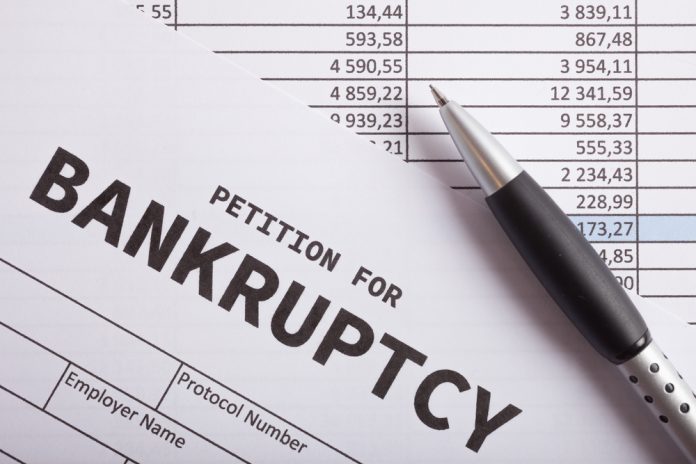Declaring bankruptcy is not a choice you should take lightly. Although filing for bankruptcy may be the only option for some people, always consult with your attorney to help you look for alternatives as it can ruin your personal and professional reputation. Declaring bankruptcy can save you from losing property that is important to you. However, there are some limitations in bankruptcy. Sometimes it can be difficult to recover from this choice. Here are five ways that bankruptcy can be hard to overcome.
1. Ongoing Process. Bankruptcy is not a one-step process. You have to do specific tasks after you have filed for bankruptcy. You might end up having your relief revoked if you inherit property or start making a profit in the future. Some types of bankruptcy will also demand that you make regular payments. Failure to do so will often lead to more problems. Bankruptcy will always require you to make serious commitments and change your lifestyle.
2. Long-Term Consequences. When you declare bankruptcy, you will be giving up your credit cards. As a result, you will not spend money as you once did in the past. You will also find it hard to access services that require a credit card such as renting a car. Bankruptcy will also reduce your chances of applying for certain types of loans. In most cases, bankruptcy remains in your credit report for around ten years. As such, it will take you some time before you make a full recovery.
3. Does Not Eliminate All Loans. Bankruptcy does not remove all your existing loans. Financial obligations such as student loans, alimony, and child support survive bankruptcy. You will continue to have the debts even after filing for bankruptcy. In rare cases, the court may discharge your student loan if you can prove that paying it off will bring about undue hardship. However, this is a difficult criterion to fulfill. If you use Chapter 13 to declare bankruptcy, you will have to pay these debts in full through your plan.
4. Prevent Creditors from Repossessing Property. Bankruptcy will eliminate most of your debts but will not remove liens. A lender uses a lien to take your property, auction it, and put the earnings towards the loan balance. The claim will stay on the property until the debt is paid in full. If you used your property to secure a loan, bankruptcy would eliminate the credit, but the lien will remain on the property. The creditor can still recover the collateral.
5. Fraud-related Debts. If a creditor files a lawsuit, bankruptcy cannot discharge a fraud-related debt. The lender files an advisory proceeding and convinces the court that your bankruptcy should not cover the debt. Such liability may be the result of lying on a credit application or using borrowed property to secure a loan.
Even though bankruptcy can save you from serious debt problems, it can also be difficult to overcome its consequences. Make sure you have the correct advice and ask the right questions before filing for either Chapter 7 or 13.
Find a Home-Based Business to Start-Up >>> Hundreds of Business Listings.

















































